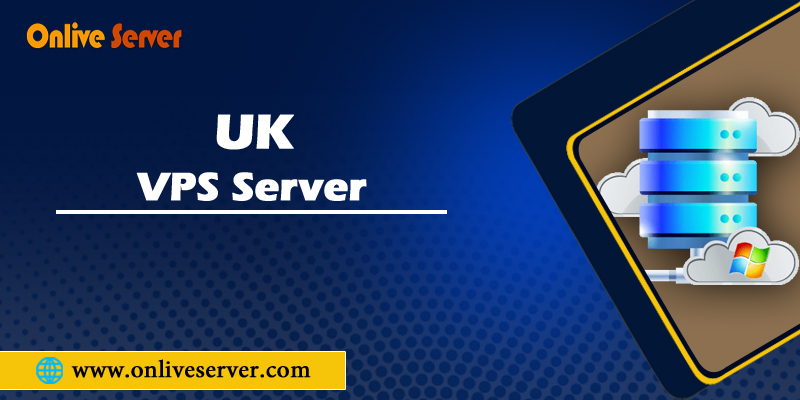
If you’re running a website on an unresponsive, slow, and antiquated virtual host or shared hosting account then you probably need to upgrade your web hosting solution. A Virtual Private Server (VPS) server is the perfect intermediary step between a shared hosting plan and a highly-specialized and expensive dedicated server. A UK VPS Server offers you the benefits of dedicated hosting at a fraction of the cost, as it allows you to rent your own virtual private server at an affordable price. In other words, your VPS will have its own operating system and resources like memory, processes, and storage but won’t have its own physical server. This article is an insightful read for anyone looking to get started with their first VPS. Let’s get started!
What is a UK Virtual Private Server?
A Virtual Private Server (VPS) is a virtual machine that runs its own operating system, software, and resources. It is dedicated hardware that is part of a larger network and may be located in a data center. Customers share the hardware resources but are responsible for their own system resources. With VPS, you have full control over the server like you have with a dedicated server. This means you can install any OS you like and change it whenever you want. You’ll have root access so you can install software, make changes, add users, and configure the server. However, you also have to take full responsibility for the server because there is no 9-to-5 support personnel to help you with your issues.
Why Choose a VPS?
If you’re running an e-commerce business that relies on high-traffic, heavy-load websites, a VPS server is a great option for you. It is an intermediate solution that allows you to scale your web hosting infrastructure up or down as needed. This is a must-have for businesses that experience high traffic, as it gives you complete control over your hosting environment. With a VPS, you can install any software you need and easily expand your server as your business grows. VPS servers are more powerful than a shared hosting account but less expensive than a dedicated server. Let’s say that you’re running a website that receives 50,000 visitors every month.
[plan_sheet category=”UK VPS Server”]
How to Choose the Right VPS Provider?
There are a few things to consider before you buy a VPS server for your online business. First, you have to decide what type of server you need. A VPS server comes in two different formats: A managed VPS is managed by the hosting provider. So you have less control over your server. It is also more expensive. A self-managed VPS is cheaper and gives you more control over your server. Choose the right provider based on server location, bandwidth, and uptime. You can use sites like What Is My IP Address to find out the location of the closest data centers. You can also use websites like Pingdom to test server uptime.
How to Install an Operating System on a VPS?
Installing an operating system on a VPS is like installing it on a dedicated server. However, it’s important to note that you need to buy a license as VPSs are shared resources. You can choose from Linux or Windows OS. If you want to switch from Windows to Linux, you have to reinstall your OS and re-install your software.
Pros of Using a VPS Server
Scalability –
You can install more CPUs, RAM, and storage whenever you need to scale up your server. This is especially helpful if your website gets a lot of traffic.
Security –
VPS servers are in a data center and are more secure than a shared hosting account. – Dedicated resources – You’re the only person on your Best UK VPS Server, so you get all the resources. This is particularly helpful if you have a resource-heavy website like an e-commerce site.
Control –
You have full control over your VPS server and can install any software you want.
Cons of Using a VPS Server
– Constant monitoring – You need to monitor your server 24/7 to make sure it isn’t crashing. – Upgrades – You need to upgrade your VPS server whenever your website’s requirements change. For example, if you want to run a popular CMS like WordPress, you need to install the appropriate software. This means you need to update your server and install the right software again. – Costs – VPS servers are more expensive than shared hosting accounts, and dedicated servers. – No downtime – If your VPS server goes down, the rest of your website will go down, too.
Conclusion
A VPS server is a virtual machine that runs its own operating system, software, and resources. Customers share the hardware resources but are responsible for their own system resources. You can install any OS you like and change it whenever you want. You’ll have root access so you can install software, make changes, add users, and configure the server. However, you also have to take full responsibility for the server because there is no support personnel to help you with your issues.
